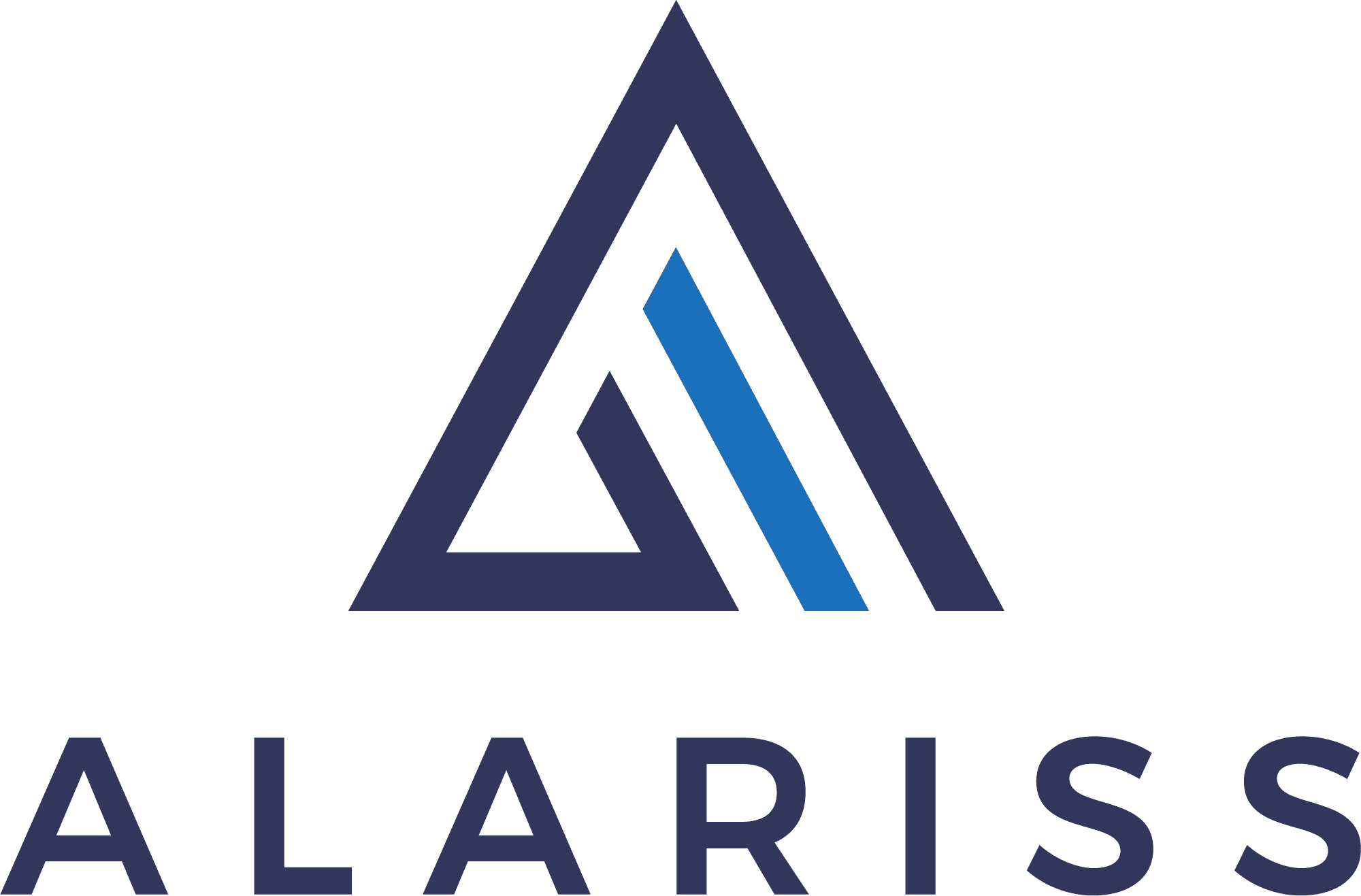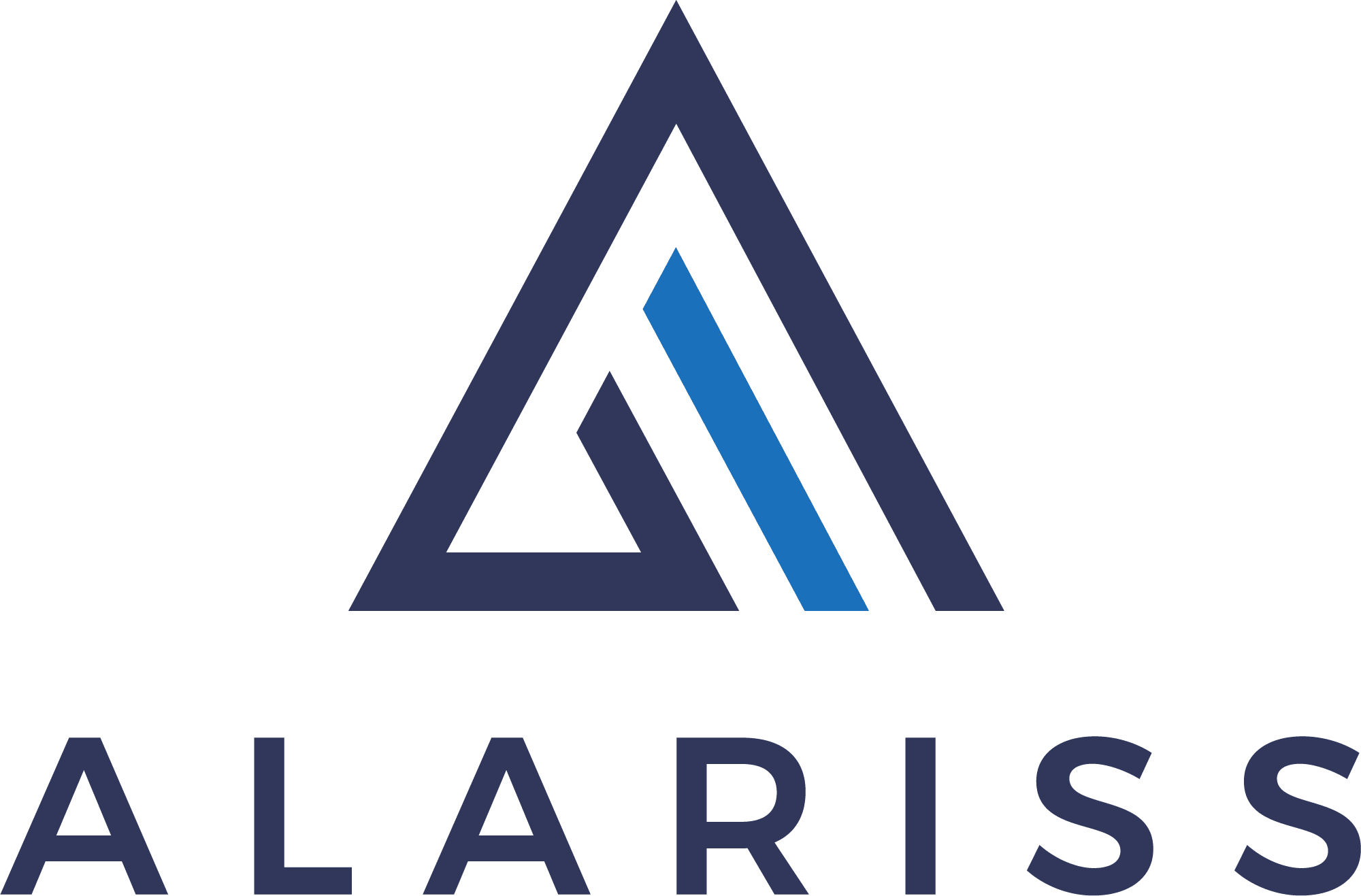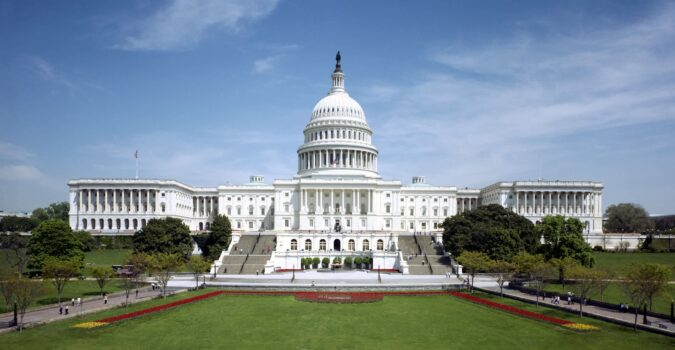Blog
India’s Startup Scene: A Conversation with Anshul Rathi

March 17, 2022
I’m glad to have Anshul Rathi, co-founder of CertifyOS, on the podcast. CertifyOS provides a healthcare provider data platform. Tell me more about what you’re building and why you decided to start CertifyOS.
Yeah. Thanks, Bonnie, for having me, I really appreciate it. Actually it’s unique, I started building CertifyOS from a very small town in the middle of nowhere in India. But my background is I used to work at Oscar Health, and I helped Oscar build its entire data infrastructure platform. So when I joined Oscar Health, it was only in two states. When I left Oscar Health, it was in 20 states. And everything between those two and 20 states was built by my team for the provider data network. During the pandemic, what had happened was a lot of companies started reaching out to me just because they were trying to figure out their provider data infrastructure, but I was in India. I was living with my parents at that time, and I decided to build a software product. What we do is, we build a new age of provider data infrastructure for the US healthcare industry. Any products that relate to provider data, network management, and compliance, that’s our bread and butter. Right now, the status quo is you have to go to hundreds of sources to get provider data, our vision is one API, one provider ID frictionless provider data. We want to be that data infrastructure layer, that one central repository of provider data for the US healthcare industry. That’s where we are headed.
That’s amazing. Where is your company based?
We are incorporated in the United States, but we are a remote-first company, so we are all across the world. Some of our engineers are in LatAm, most of our engineering is here in India, most of our key strategy people, our COO, the directors of strategy, everyone is in the United States. So we are all across the world actually, we are a fully global startup.
And where are you personally based?
I travel a lot between India and the United States. I just came back from the United States after a two-month-long trip, so I’m still jet-lagged, and I keep doing that a lot. So I am jet-lagged for four weeks a year just because I travel a lot between India and the United States. But my primary base is in India, our engineering team is in India, and our ops team is in India, and I spend about six to eight months of my time here in India.
What has it been like for you to build a tech company in India?
It’s been great. If someone told me three years ago that I would do it, I would probably not believe them. But it’s the mix of funding that is available, just the conducive business involvement in India right now. A great kind of startup culture that has spawned in recent times. Also because of the pandemic, it has accelerated digital transformation, so companies like ours have started coming up left and right and center in India, and just the plethora of great talent that we have here. I think the Indian tech industry is on the pivot, the last generation was more like building for India, the next wave of Indian startups is going to be built from India for the world, and I’m really excited about those possibilities.
That’s great. Your seed round was led by Upfront Ventures in Los Angeles, and you have a number of other US investors including Hustle Fund. How were you able to network with the US investors from India and convince them to invest in your company?
Great question. In fact, all of our investors are US-based investors, and a lot of angels from top healthcare industries also participated. There’s only one angel investor from India, for strategic reasons they’re helping us through hiring. I come from a venture capital background myself. So I used to work at…venture capital, did a lot of investment for them. I also have lived in the United States, but it was only because of the Oscar network. When I started CertifyOS, I started reaching out to all of my Oscar network, and they started putting me in touch with the VCs that they have raised with and people that they knew. It was just like me knowing certain people and they knowing certain people, that’s how we were able to get in touch with investors. It’s so funny because our friend is our lead investor, and we thought we were too early for them, and when we started having a conversation with our partner there, we realized there were a bunch of synergies, and they ended up leading our round.
That’s great. How do you compare the US tech ecosystem and India’s tech ecosystem?
That’s a loaded question. I think the US tech system is more advanced in many ways. The mass has been reached, it’s more about efficiency and the value add gain. In India, we are still talking about the next billion. How do we get to the next billion? How do we solve for the last mile problem? Even if you look at the problem straight, Amazon India for example or Omidyar Network, which is a big venture capital presence in India, they always talk about reaching to the next billion and unlocking the population that has not been yet reached. I think in the United States, most of the population has been reached, and it’s more about adding value to the existing solutions that are there. Whereas in India, it’s about tapping the market first and then the efficiency and the value add gain will come.
India now has 88 unicorns and a number of public tech companies. Why do you think India’s tech ecosystem has been able to grow so fast?
I think I’m a little wary of unicorn, being a unicorn, or like when someone reaches a billion-dollar status. I think we look at unicorn as having reduced administrative burden enough on the providers and the payer systems to actually provide better care to the members, I think that’s a real value add. But in India, there are a bunch of reasons. Just the spur of the cheap data being available, what geo and the telecom industry has done to India is just incredible. We get like six gigs of data for less than a dollar. In the United States, when I was in the United States, I used to get two gigs of data every month, I get two gigs of data every day here. And the average consumer spends about 120 minutes, two hours, every day just on the phone, just looking at digital content. Combine that with the young population that we have, 65% of all of India’s population is below 35, and all these people are tech-savvy. And in recent times, the spending capacity has actually gone up, so there are people who are moving from lower middle class to middle class and who have spending capacity now. These people are looking for new resources, new energy, new places to spend that additional capital that they have, and then you just combine that with 1.4 billion people. In India, it’s such a diverse population, you can have two companies exactly doing the same thing and both of them being equally successful. So all those factors, just like huge market size, and as I said, India was always seen as an outsourcing hub, then came a wave of people knocking off US startups to build for India. And the next wave, I truly believe, is going to be India will build products for the world, but the world will use in all parts actually.
What are some of the tech companies in India that you look up to the most? And if so, why?
I’m very impressed by two companies both starting with the letter Z, Zerodha and Zoho. So Zerodha is basically a fintech company that democratized access to financial services to the Indian masses. In a lot of ways, Robinhood is kind of inspiration from Zerodha. And so, I think both bootstrapped and the reason why I really like them is strong culture, just like people don’t–strong culture and great customer service, people don’t talk negative things about these companies. All these companies have so many users, and every user is a marketing person for them. So what they have done for the US tech industry in general, being bootstrapped, not taking any external capital, and the founders, just the impressive founders is fantastic. So from a founder perspective, from a culture perspective, and what they’ve done for the industry in general, that’s why I really like both Zoho and Zerodha.
What are some of the best parts of India’s tech ecosystem?
I think the diversity of India makes it just an amazing country to build tech products. There needs to be a linguistic angle to every tech product that you build. There needs to be like languages that need to be incorporated, even if you build a universal product, there needs to be some languages that need to be incorporated to gather all 1.4 billion people in India. Just the availability of trade talent, right? Just amazing talent that we have here, the top-notch engineering institutes, of IIT’s, that just spun out great startups every year. And a lot of CEOs of US healthcare companies, Sundar Pichai from Google is from IIT’s, Satya Nadella, we keep talking about them. Twitter’s CEO now is from IIT’s. So just working with really smart, incredible, talented people is so rewarding.
How do you think India’s tech ecosystem can be improved?
That’s a good question. I think it’s part regulatory answer, just ease of doing business. It took me a couple of weeks to just get a bank account for the company. Getting incorporated in the United States is a 15-minute online job, it took us about three to four weeks to get us incorporated in India. So just ease of doing business. It’s getting better, it has gotten much better in the last few years, but there’s still room to grow there. I think those are really some of the places where the tech ecosystem can lobby and work with the government to get that improved.
What do you think of the prospects for the future of India’s tech ecosystem?
I think–we have covered that in part, I think there’s so many insurtech, fintech, and healthcare companies that are coming up that have been already sold to United States companies. I know a bunch of people who are coming back from the United States because there’s so much opportunity in India and now are building from India. One of the things that have happened in the past is we got featured in The Information, which is a well-renowned publication in Silicon Valley, and the entire article spoke about how a lot of talent, US-educated talent, who migrated to the United States, are coming back because the previous generation came to the United States for education, now there are ample opportunities back in India to create wealth by building products for the world. In fact, I was able to convince all our investors, I’m sitting in a tier four city in India, and I was able to convince all our investors to put money in a company that they’ve never seen, they had never met me, and still raised $4.5 million.
That’s amazing. So tell me more about your work with Alariss. How did Alariss help you hire in the US, and what was your experience like looking to hire in the US before you found Alariss?
So we categorized hiring into two broad categories, one is builders, and one is sellers. So our building team mostly is based in India, our selling team is mostly based in the United States. So with Alariss, we were able to get traction, but I was spending 40 maybe 50% of my time just on LinkedIn trying source candidates, and it was just like, as a founder you need to–you are getting pulled into 20 different directions, you want to close the transaction, you are coordinating with the legal team, all those things are happening. But at the same time, Alariss came in and gave us a good sorted pipeline of candidates for the seller part of the business that we were able to get our foot inside the door. So before that, it was like sourcing the candidates was a big challenge, with Alariss, sourcing became a much easier prospect for us. We got a really curated set of candidates in the new startup, and then at the end of the day, it was still me going in, interviewing the candidates, selling the vision, mission, all those things, but getting that really curated, high-quality pipeline of candidates was where Alariss was really tremendously useful to us.
That’s great. So you were saying you spent a lot of time on LinkedIn before you found Alariss, and you were having a hard time, I guess, before you found Alariss?
Yeah, so still 30-40% of my time is just hiring, and there’s a low hit rate, when you directly reach out to the candidates, it’s a low hit rate. When someone like Alariss comes in and they talk to them as a third party to that particular candidate, it really increases our credibility. When they come with that mind frame and come talk to us, it’s a totally different game as opposed to me reaching out to someone on LinkedIn, just doing cold prospecting, sourcing the candidate, it takes a lot of effort to convert that candidate that we directly sourced from LinkedIn. So just giving Alariss the inputs that we want to hire from these companies, these are the skill-sets that we are looking for, this is what our culture is, and then Alariss going and sourcing those candidates for us has been really game-changing.
That’s great to hear. Would you recommend Alariss to others? If so, why?
Yeah, of course. I think a bunch of my friends are now building from India, everyone is looking for candidates. Just like it is hiring tech talent in India is a nightmare right now just because there are so many companies that are funded, so many companies that have come up, and great engineering talent have so many different opportunities and so many different avenues that they could go to. Just like that, there is an analogy for the US industry. Hiring BD candidates is equally difficult in the United States right now because a lot of companies like us have come up, and everyone is looking for candidates who have serious payer jobs, serious connections within the provider system. So I think making that easy has been really helpful to us, and that’s why it just gives you a great list of candidates that you can go and speak to, you have a pool of candidates to choose from, you know what are the candidates that are looking out for opportunity and people that are just not maybe on the fence looking for opportunities. Some of those things really help to accelerate the hiring process. And at the end of the day for CertifyOS, the biggest value is team first. A lot of companies start with customer first, we always start with team first. We want to hire A+ candidates, fast, and a cultural fit. Those are the three criteria, and our rule of thumb is if we are extending three offers to A+ candidates, two of them should decline. Because A+ candidates are going to have different things to do, and if you are not offering–three candidates and two are not declining, we are not extending offers to the right candidate. With Alariss, we have consistently brought in A+ candidates through our pipeline, and that’s why it’s so valuable for other Indian founders who are looking to hire BD people in India–in the United States as well.
Great. So you spent a bit of time in the US including at Oscar Health. Tell me a little bit more about your experience in the US and why you decided to go back to India.
Yeah, I came back to the United States as a graduate student at Brown University, and that was life-changing. I am someone who grew up in a very small town, a very small village in India, and getting to an Ivy League school was nothing short of a moonshot for me. But Brown was an amazing, amazing experience for me. It changed the way I looked at the world, it gave me a platform that I could just stand up and expand my ambition, expand my horizon of what I could do personally. And I had seen too many Bollywood movies not to move to New York City. So I think moving to New York City, living in the East Village all by myself as a single person, is a big Indian dream, and I wanted to live that dream. So I moved to New York City, found a great apartment in the East Village, and a job at Oscar Health. And at Oscar Health, when I joined, one of the key philosophies was they were not actively hiring people from a healthcare background. So a lot of people I went with came from a non-healthcare background, mostly from Bridgewater Associates actually, and it just gave us a new perspective to look at the existing problems that we had in the US healthcare industry. So we are looking at the problem, we want to solve it in a tech-first approach, we don’t have any incumbent knowledge, and that’s why I think Oscar has given so many entrepreneurs that we have today from Oscar Health. I moved back because it was never my dream to settle in the United States, I always wanted to be back with my family. So once I thought I had enough experience in the US and I could do a lot of credible work back in India, I moved back. And I got a great gig in the VC space where I always wanted to work, and as I worked in VC, I realized that I was much more suited for the operational world. So those were the things that were really on my mind.
As a health tech founder, what do you think are the biggest opportunities in health tech right now?
Great question. So I think the US healthcare industry is just going through a tremendous change right now, more than 1,500 digital health companies have been started in the last 3-4 years, and the digital infrastructure needs of these 1,500 new age direct to consumer care delivery companies are completely different as compared to what the needs of the old health systems were. So the old health systems required IT health vendors that were primarily focused on compliance and regulation and security. The needs for the new age digital health companies are API integration, better UI experience, along with security and compliance, which always play a key part in the US healthcare industry. So I think creating the three layers of infrastructure, the care delivery infrastructure, the mid-office infrastructure, and the back office infrastructure, we play in that mid- and back office infrastructure layer, but we think that entire healthcare infrastructure needs to be redesigned and that’s a big opportunity for the US healthcare industry right now. And we think more companies like ours will spin up across all the continuum, all the three layers of US infrastructure companies.
Is there anything you want to add?
Yeah, I would recommend Alariss to all my friends of course. It’s been such a great time building this infrastructure company. If there are any candidates on the BD side that are listening to me, please don’t hesitate to reach out. We are always looking to talk to more people and grow our team as we build this rocketship.
It was really good to talk to you, Anshul. Thank you so much.
Thanks, Bonnie.





